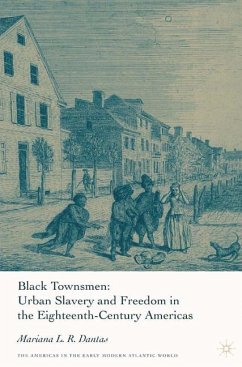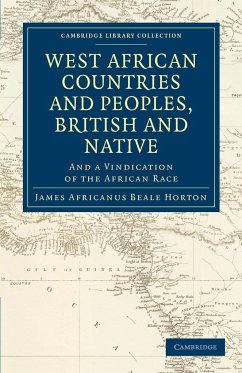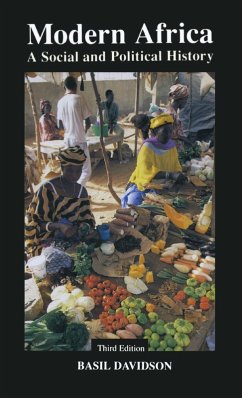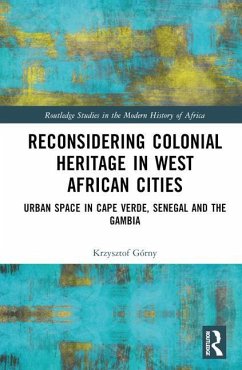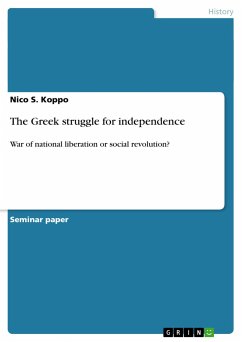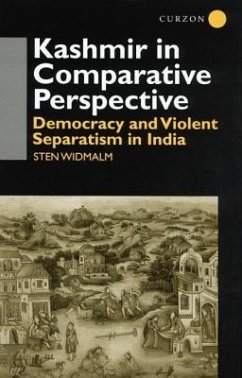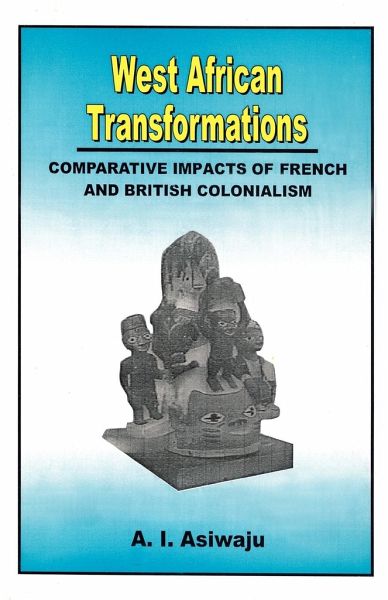
West African Transformations. Comparative Impacts of French and British Colonialism
Versandkostenfrei!
Versandfertig in 1-2 Wochen
52,99 €
inkl. MwSt.

PAYBACK Punkte
26 °P sammeln!
First published in Dholuo in 1983, this is the first English-language edition of this story for children. One morning Ogilo and his two friends discover a pregnant hippo stuck in a muddly hole. The story centres around the boys secrecy, to protect the hippo being killed by grown-ups for meat, and their efforts to save the hippo. The fate of the poacher contains a moral tale.
This study arises from the need for comparative historical perspectives on the different styles of French and British colonialism, and the localised impacts of the regimes in West Africa. The work is broadly divided as: an overview, including a summary of new trends in African historiography; an examination of colonial methods; a study of socio-economic impact and the impact on indigenous political institutions and culture. A considerable part of the study addresses the question: How did the colonial styles of governance determine the post-colonial states? The author identifies a major point of divergence to be French centralising and assimilationist tendencies in education and the economy, as opposed to a British laissez-faire approach. This explains, in part, the uniformity in currency, language and culture which makes francophone Africa a distinctive cultural zone. Common concerns - which stem from the pre-colonial era - were mainly trade and trans-border co-operation. Pursuance of common goals, the author stipulates, paved the way for institutions of economic integration - e.g. ECOWAS.





